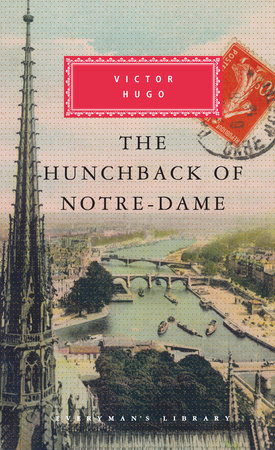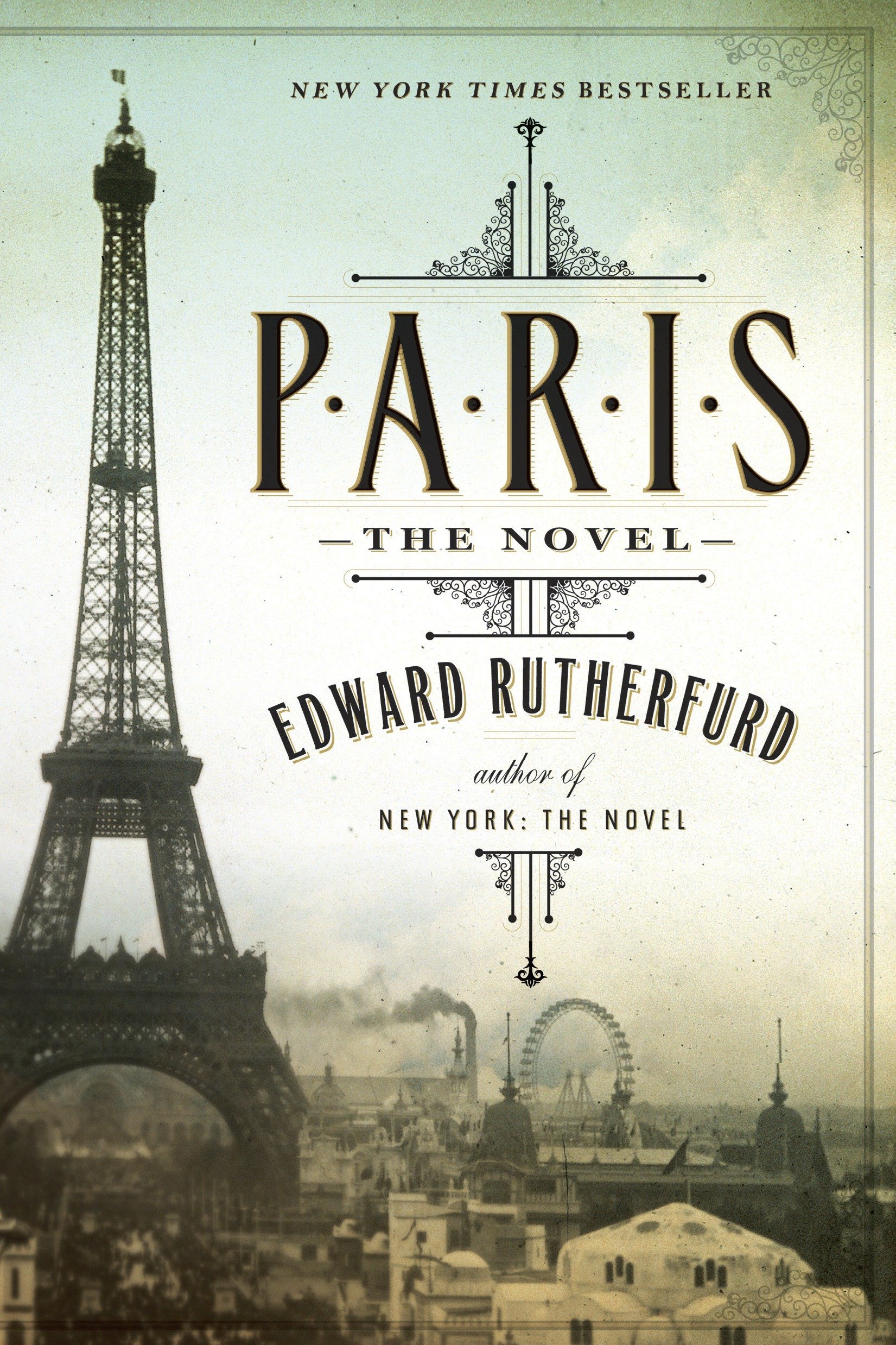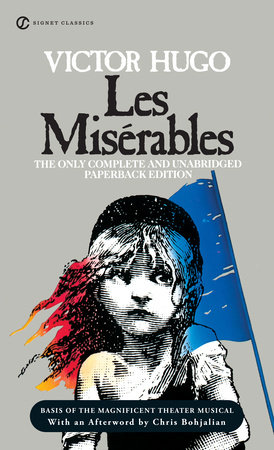Even for countries that are not our own, the urge to make some sense out of despair is just as keenly felt and as always, books are all around us that are suited for these situations.
With the recent fire in Paris that destroyed a good portion of the famed Notre Dame cathedral, many have turned to Victor Hugo's The Hunchback of Notre Dame , putting it on the bestseller list in France(and it won't be long before the book is on similar lists elsewhere).
The first publication of this Hugo novel actually encouraged restoration work on the cathedral, which was falling into disrepair during the 1800s and while funds are coming in for the recent fire damage to Notre Dame, interest in this iconic classic work is not solely relied on the need to preserve the impressive architecture.
The human plight of Quasimodo, the shunned bell ringer of the title as well as the one of Esmeralda, a woman doomed by the outsider class she belongs to, are relatable and all too real today, despite the social progress that's been made since way back when:
Even without the Notre Dame fire, Paris has been going through a rough bout of protests lately, which feel as if they are an inevitable part of that nation's history.
To get a long range view of that city's life and times, the 2013 novel Paris by Edward Rutherfurd showcases the creation of France's capital via the saga of several families through out the centuries.
From the feuds between the noble houses of de Cygne and Blanchard to impoverished Thomas Gascon becoming a builder for the Eiffel Tower and then later America's Statue of Liberty that then leads to the art dealing Jacob family struggling to survive during the German occupation of WWII, the history of Paris is the creative canvas on which these various family portraits are displayed.
Rutherfurd is best known for his numerous saga novels about England such as Sarum and London but he's no stranger to depicting other major cities via their citizens like New York and Dublin. With Paris, he embraces his love of the fabled City of Lights for all to bask in it's glow:
Yet, with Paris in such turmoil at the moment, it can be hard to see why anyone wants to be there. Fortunately, we also have plenty of books that talk about the high points along with the low that also include some of the historic folk who made that city their home.
Paula McLain's The Paris Wife set that tone nicely with the story of Ernest Hemingway's first marriage, a good portion of that time spent in Paris. New bride Hadley had much to contend with, dealing with her husband's driving literary ambition and the follies of his friendships in the artistic community that thrived during the 1920s.
While their love didn't fully last, the memories of those early days in Paris lingered on for both of them. This novel was a popular book club selection(as well as inspiring me to spend a year reading the works of Hemingway) and it should be good for a starting point for readers to discuss the joys of Paris again:
No doubt, some will say "Aren't there enough books about America to read instead?" Well, if you believe that the world of books is an international realm of inspiration and imagination, such a point is rather moot at best.
To read a book,novels in particular, about another place and time in another part of the world offers you not only a bit of educational entertainment but a chance at gaining a greater perspective upon the moment in history that you're currently living in.
A prime example of this is another Victor Hugo literary legend, Les Miserables, which has never gone out of print and been adapted for many mediums including a beloved musical and right now, a PBS Masterpiece miniseries. This lengthy epic tale of rebels, downtrodden souls and scoundrels facing such social issues as prejudice, abuse of women and children and overzealous persecution from authorities still resonates in our time with many of those sins of the past persistently clinging on to us centuries later.
Yet, the book does hold the promise of love leading to a better way of life and inspires readers to walk in the footsteps of Jean Valjean in order to do so. It's no coincidence that Paris is one of the centerpieces of Les Miserables as despite all of woes that the city is faced with, it continues to inspire the very best for all of us, even those who only visit Paris on the page:




No comments:
Post a Comment